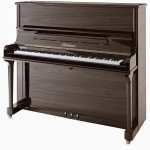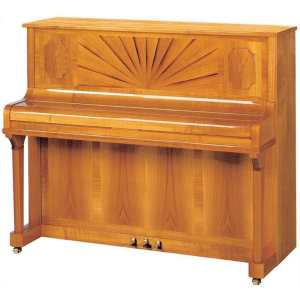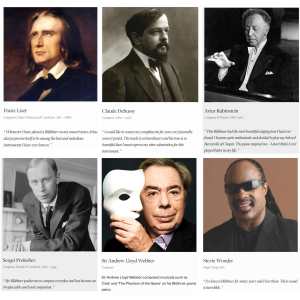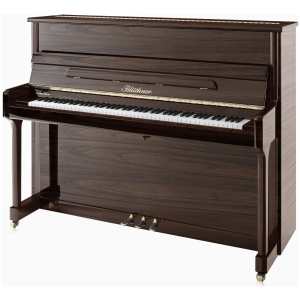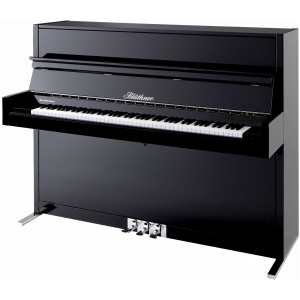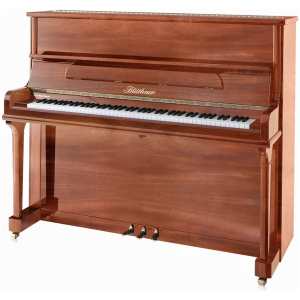The Bluthner Model B is a 132cm (4’4″) upright piano that is handmade in Leipzig (Germany) where the Bluthner family have been manufacturing pianos since 1853.
For sales of the Bluthner Model B in the North of England, please call Promenade Music on 01524 410202 or email us at [email protected] for more information about the pianos specification, ordering, lead times, and pricing. See other Model B finishes.
For generations, pianists and composers including: Brahms, Prokofiev, Shostakovich, Debussy, Rachmaninov, Kempff, Liszt, Wagner, Grieg, Shostakovich, Dvorak, Bartok, Furtwangler, Schumann, Ravel, Bruckner, Mahler, Reger, Strauss, Rubinstein, Tchaikovsky, Liberace, and Andrew Lloyd Webber have all enjoyed Blüthner pianos… and let’s not forget all those tracks that were recorded on the Bluthner at Abbey Road Studios in London which can be heard on The Beatles’ ‘Let It Be’ and ‘The Long and Winding Road’.
The Bluthner Model B is widely recognized as the pianists choice for a professional upright piano. An achievement in technical and musical perfection, the Model B offers the rich tonal color and dynamic range beloved by Blüthner owners in a perfect match for your home or practice room.
Bluthner Pianos History: 1853 Founding & Innovation
Follow a successful company history that, at the same time, is also a family history. In the middle of the 19th century, the city of Leipzig was one of the cultural centres at the heart of Europe equal to Paris, London or Vienna. The enlightened and affluent middle-class of Leipzig was very ambitious, self-confident and open-minded, and the city itself was already well known for its international trade and its university. Changing social conditions due to the industrial revolution meant that scientific and cultural education was no longer reserved for the aristocracy. The people of Leipzig prospered. It permitted the city to maintain the University, the St. Thomas Choir, the Opera, the Gewandhaus Orchestra and the Academy of Music, founded in 1843 by Felix Mendelssohn-Bartholdy. The Blüthner family was part of the musical tradition of the city and inspired by the entrepreneurial spirit in Leipzig.
These were convincing reasons for Julius Blüthner to open his piano factory, which became a highly successful enterprise. On 18th November 1853, having acquired a sound knowledge of piano-making, Julius Blüthner started his pianoforte factory. The Blüthner instruments achieved acclaim and rose to prominence amongst the myriad of competitive piano makers of the day remarkably quickly. Julius innovations set his instruments apart, and his theoretical drawings were published and studied by countless piano building masters throughout Germany.
Soon the instruments captured the attention of experts, top pianists and musical authorities. Blüthner pianos won top prizes at world exhibitions around the globe, including the Philadelphia World’s Fair in 1876 where Julius remarkable 4th string Aliquot design won a gold medal and would influence the Golden Tone of Blüthner pianos evermore.
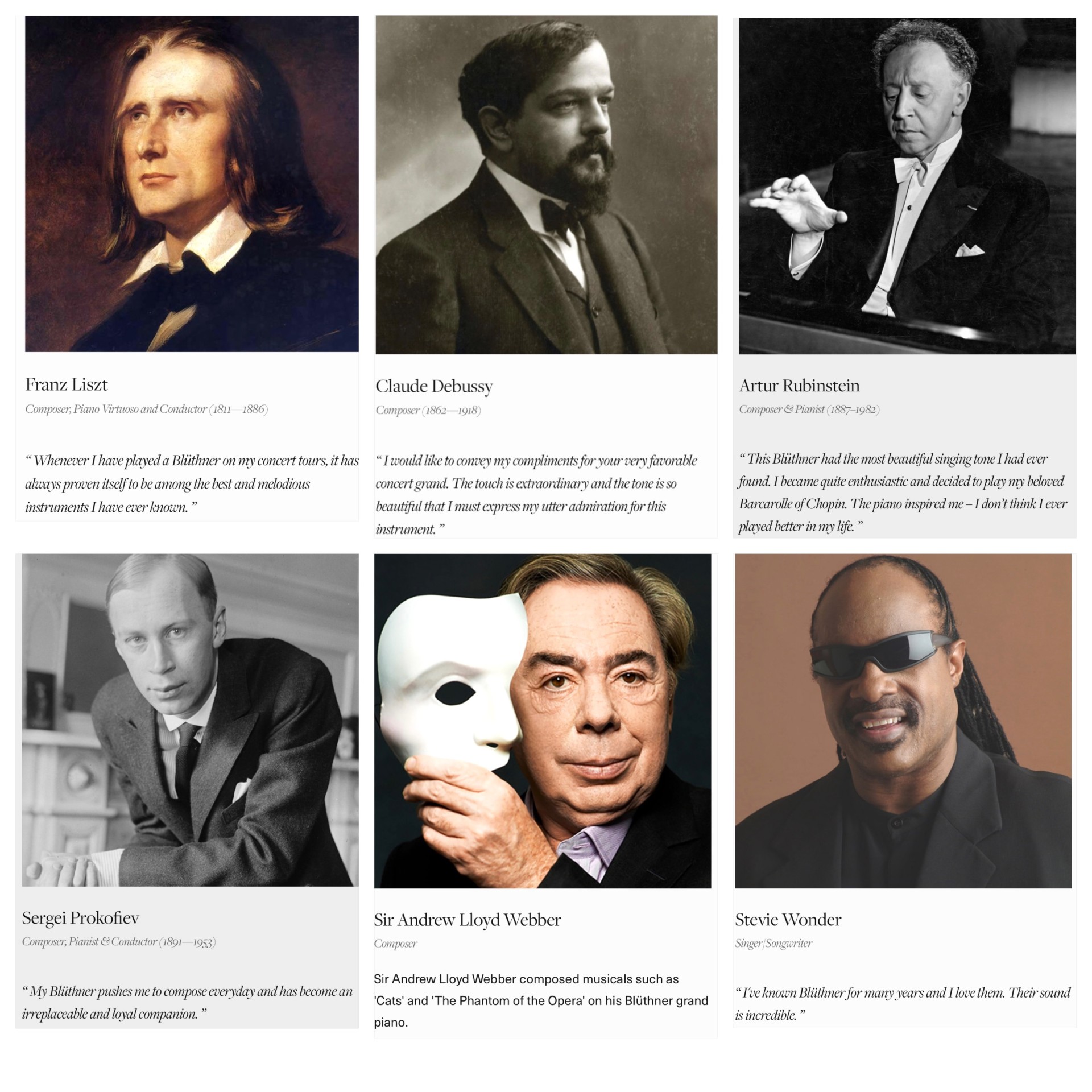

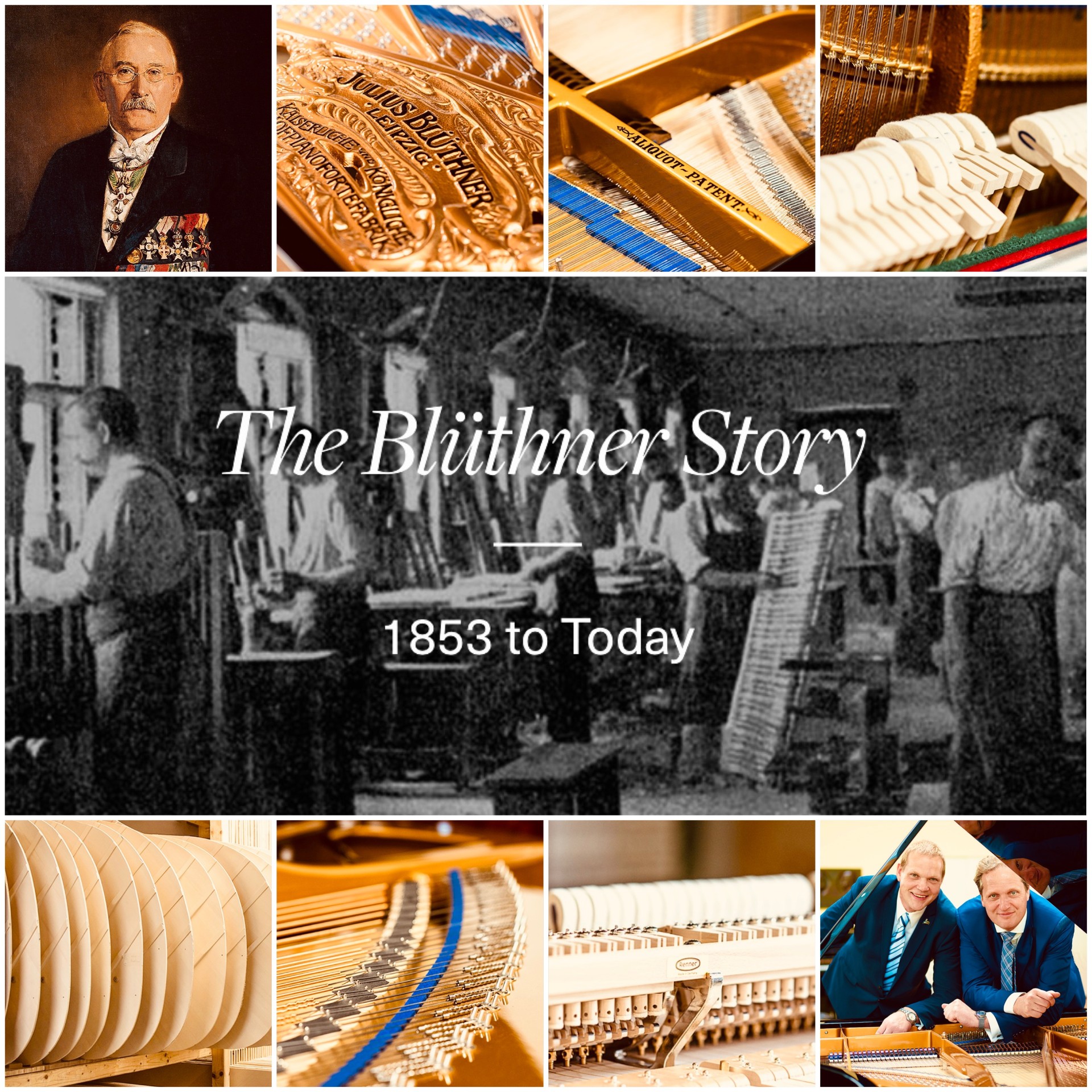

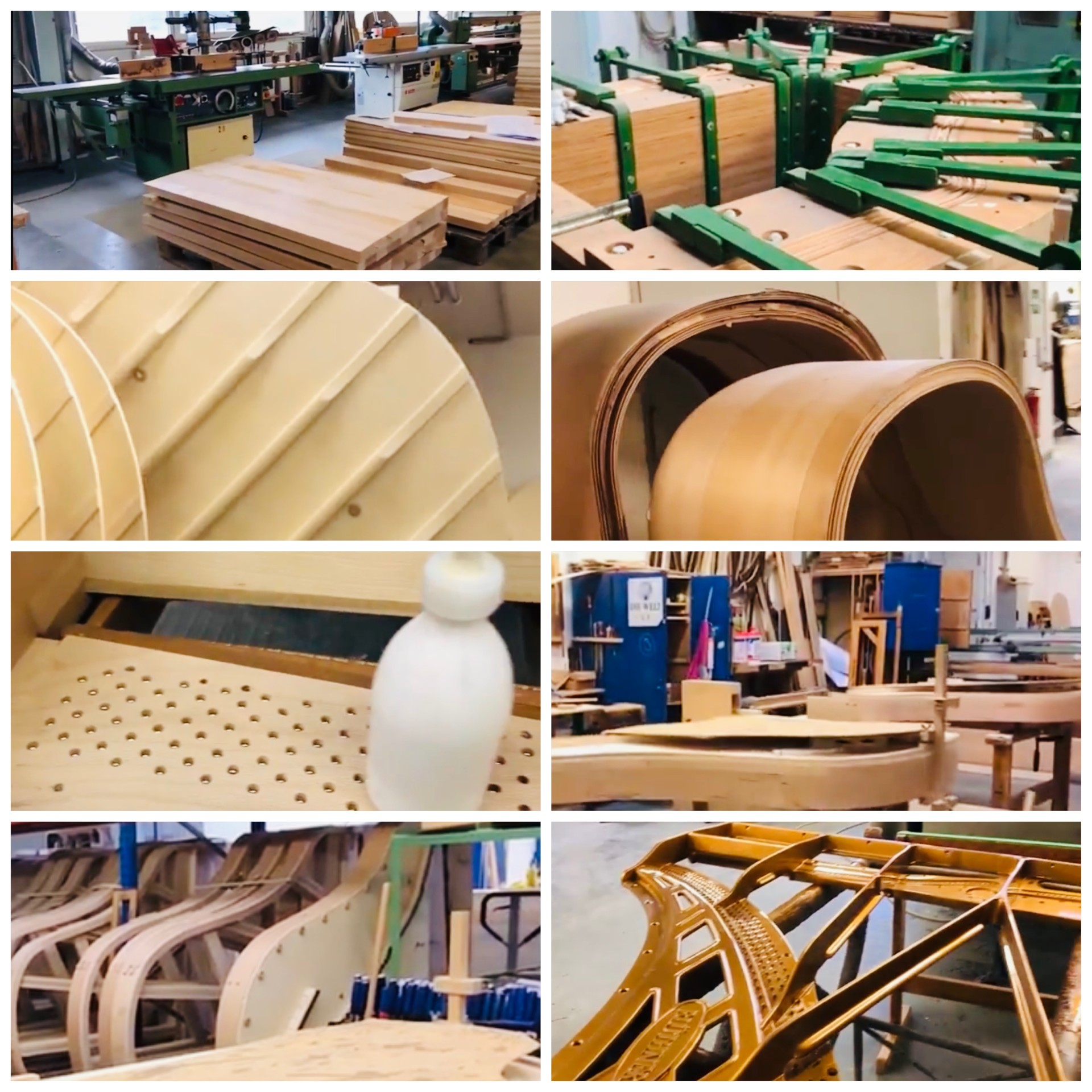
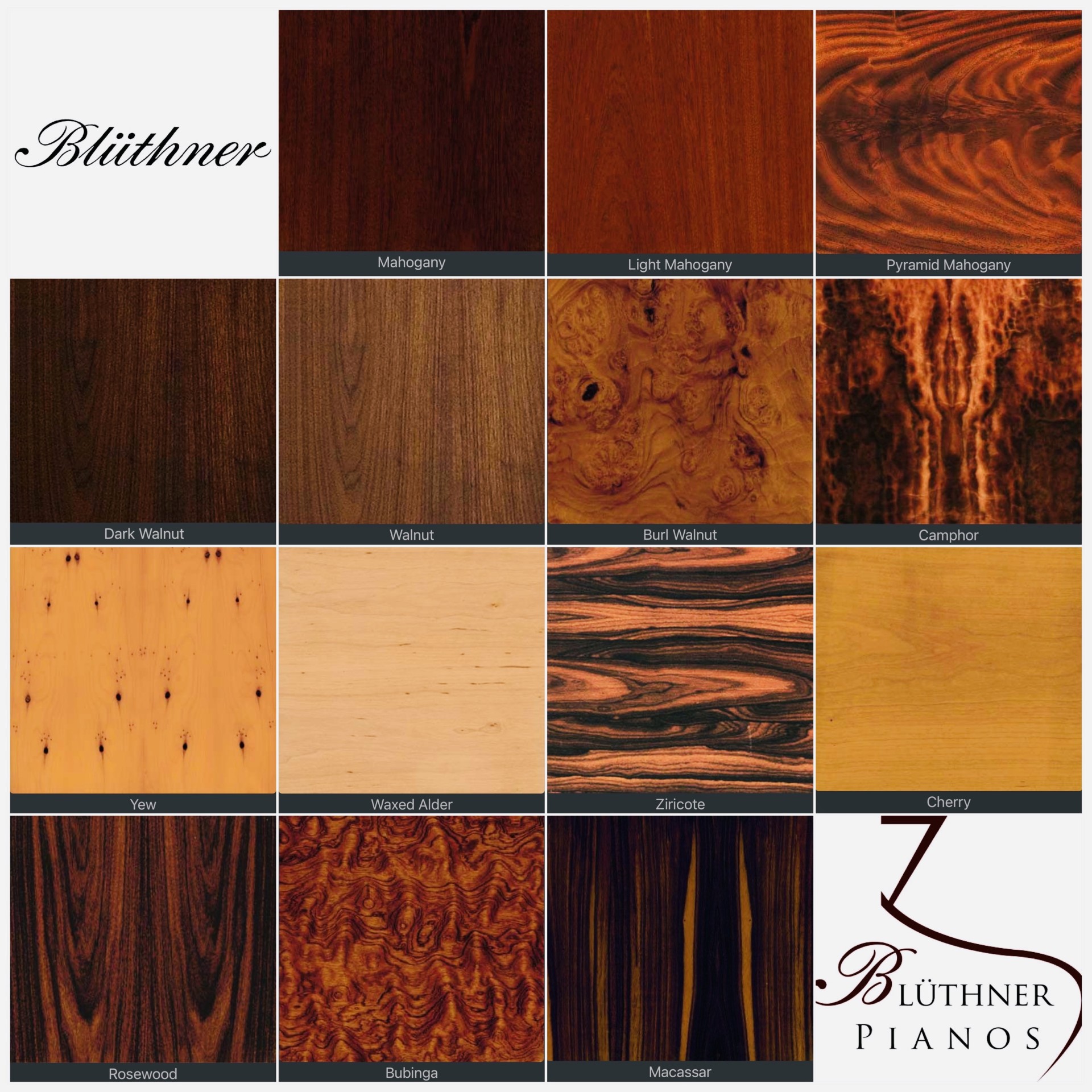
 Call for Price
Call for Price
